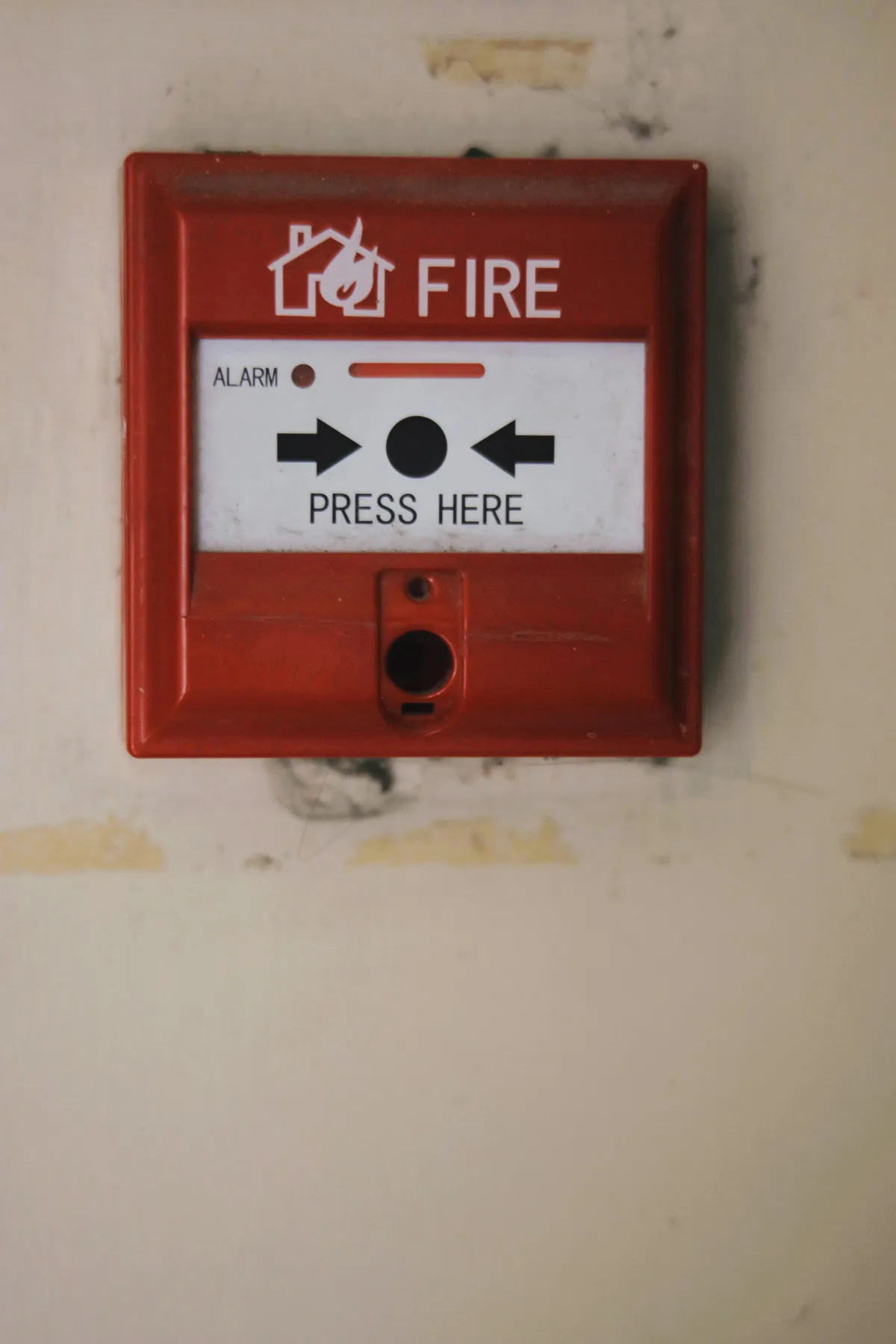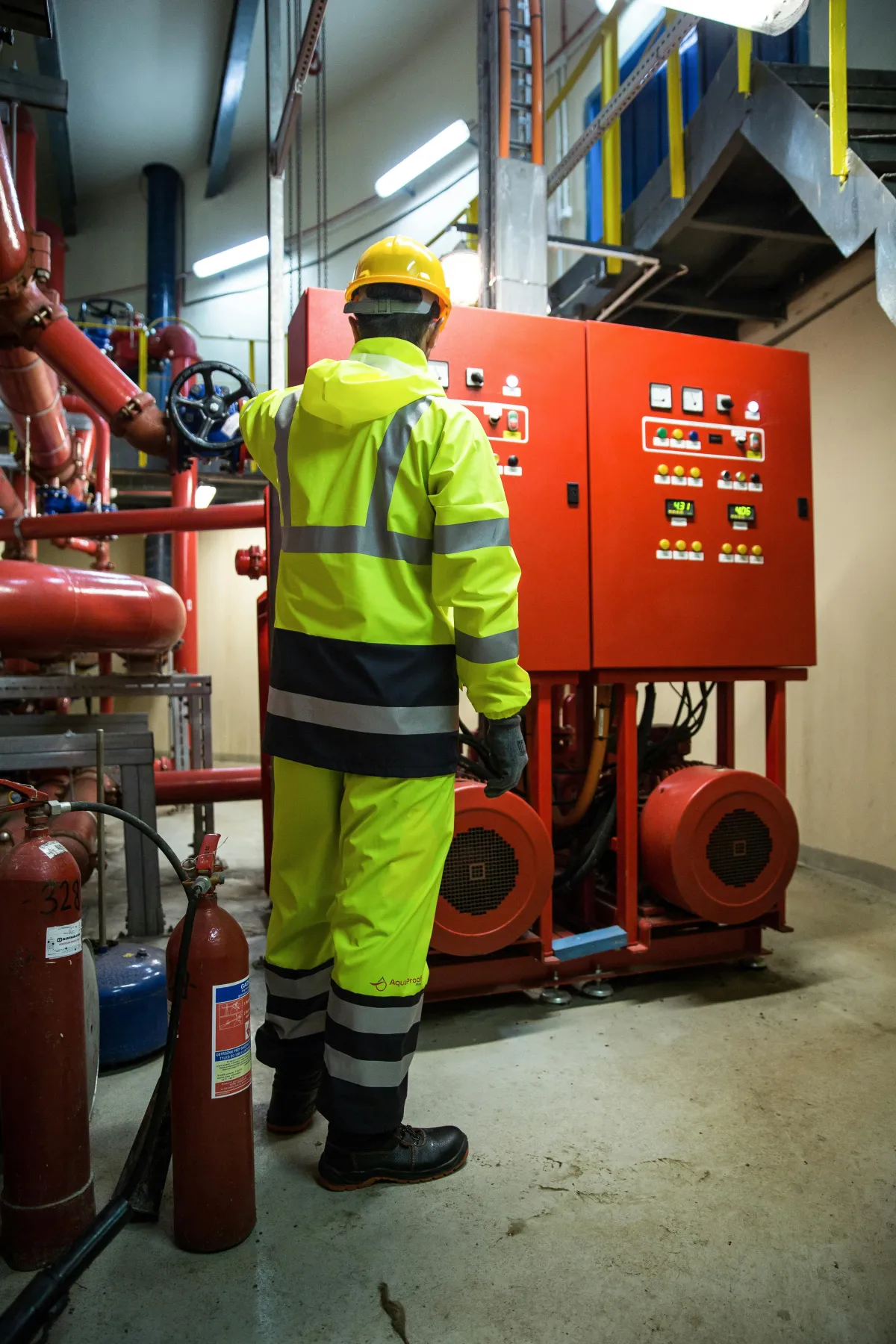Join the Safety Club.
Got questions?
We're here to help! Whether you need mantainance, a new installation, or an inspection, our team is ready to assist.
Get in Touch:
Phone: 082 212 7513
Email: [email protected]
Office Hours:
Mon-Sat @ 8am to 5pm
Sun CLOSED
Fill out this form, and we’ll get back to you as soon as possible.
SERVICE REQUEST DETAILS:

The Importance of Fire Alarms and Early Detection Systems
"Early detection saves lives—make sure your fire alarm system is reliable and compliant."
Introduction
A fire can spread in minutes, making early detection crucial for evacuation and response. Fire alarms and smoke detectors provide early warning, reducing the risk of injury, property loss, and business downtime.
1. Types of Fire Detection Systems
There are several types of fire detection systems, including:
🔔 Smoke Alarms – Detect smoke particles and trigger an alarm.
🔥 Heat Detectors – Sense temperature changes, ideal for kitchens.
📢 Manual Call Points – Allow individuals to activate alarms in emergencies.
📡 Addressable Fire Alarm Systems – Identify the exact location of a fire.
2. Why Fire Alarms Are Essential for Compliance
South African fire regulations require businesses to:
Install functional fire alarm systems.
Conduct regular testing and maintenance.
Ensure alarms are clearly audible and strategically placed.
3. How to Maintain Your Fire Alarm System
✅ Test fire alarms monthly – Ensure all detectors are operational.
✅ Replace faulty or outdated alarms – Upgrade to compliant systems.
✅ Schedule annual inspections – Keep your fire detection system up to code.
🔥 Is your fire alarm system up to standard? Get a professional inspection today!

POPULAR QUESTIONS
Get Answers to Your Questions
What is fire protection, and why is it important?
Fire protection refers to the systems, processes, and equipment used to prevent, detect, and suppress fires. It is critical for safeguarding lives, property, and businesses from the devastating effects of fire. Effective fire protection ensures compliance with fire codes, reduces risk, and minimizes property damage.
What fire protection services do you offer?
We offer a wide range of fire protection services, including:
Fire risk assessments
Fire alarm installation and maintenance
Fire door inspection and maintenance
Fire suppression systems installation
Fire stopping and compartmentation solutions
Emergency lighting installation and maintenance
Fire safety training and consultation
How often should fire extinguishers be inspected and serviced?
Fire extinguishers should be inspected monthly to ensure they are in proper working order. In addition, they must undergo a professional service and maintenance check at least once a year, or more frequently if required by local regulations or usage conditions.
What are fire doors, and why do I need them?
Fire doors are specially designed doors that help prevent the spread of smoke and fire throughout a building. They are essential for protecting escape routes, ensuring that occupants can safely evacuate in the event of a fire, and limiting damage to property. Regular inspections and maintenance are necessary to ensure fire doors perform as intended.
How do I know if my building is fire code compliant?
To determine if your building is fire code compliant, you should conduct a fire risk assessment and have a fire protection expert perform a thorough inspection. This will ensure that all safety measures, such as fire alarms, sprinklers, fire doors, emergency exits, and fire extinguishers, meet the requirements set by local and national fire codes.
What should I do if I discover a fire hazard in my building?
Passive fire protection (PFP) refers to the use of fire-resistant materials and design strategies to prevent the spread of fire and smoke throughout a building. Examples include fire-rated walls, fire doors, and fire-resistant insulation. PFP helps contain a fire, allowing more time for evacuation and minimizing overall damage.
How often should fire drills be conducted?
Fire drills should be conducted at least twice a year to ensure that employees and occupants know how to respond in the event of a fire. More frequent drills may be necessary for certain businesses, such as those with high-risk operations or large numbers of people.
